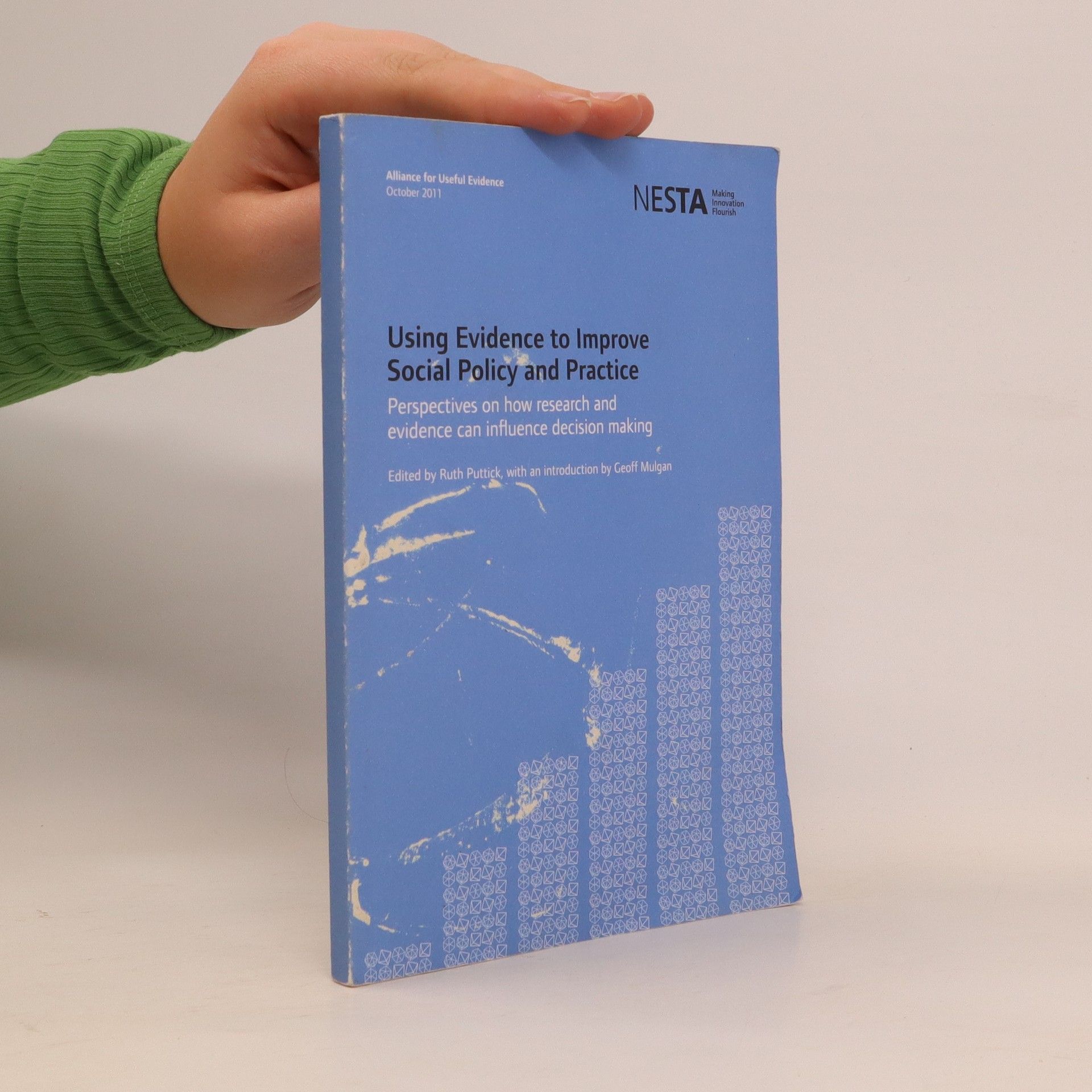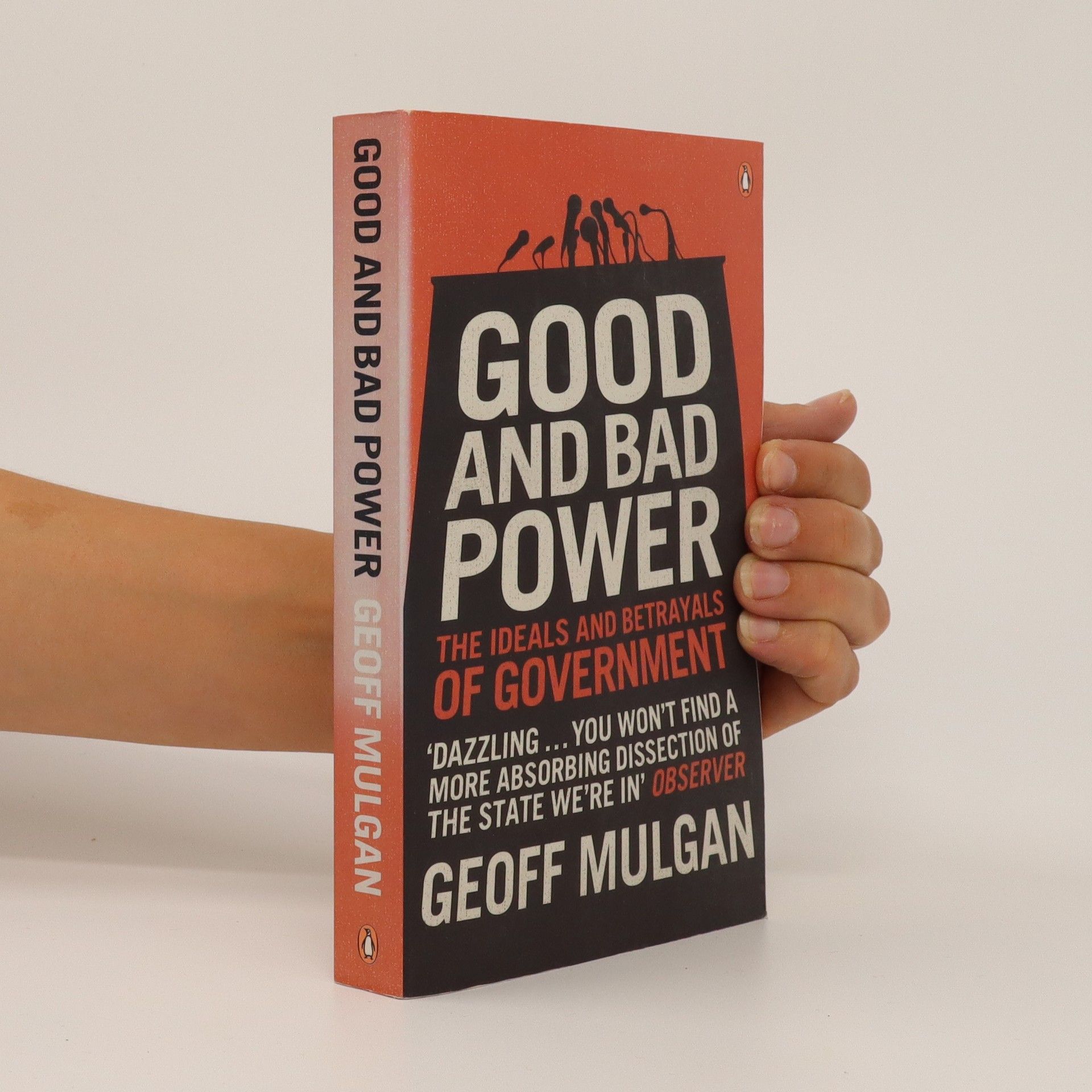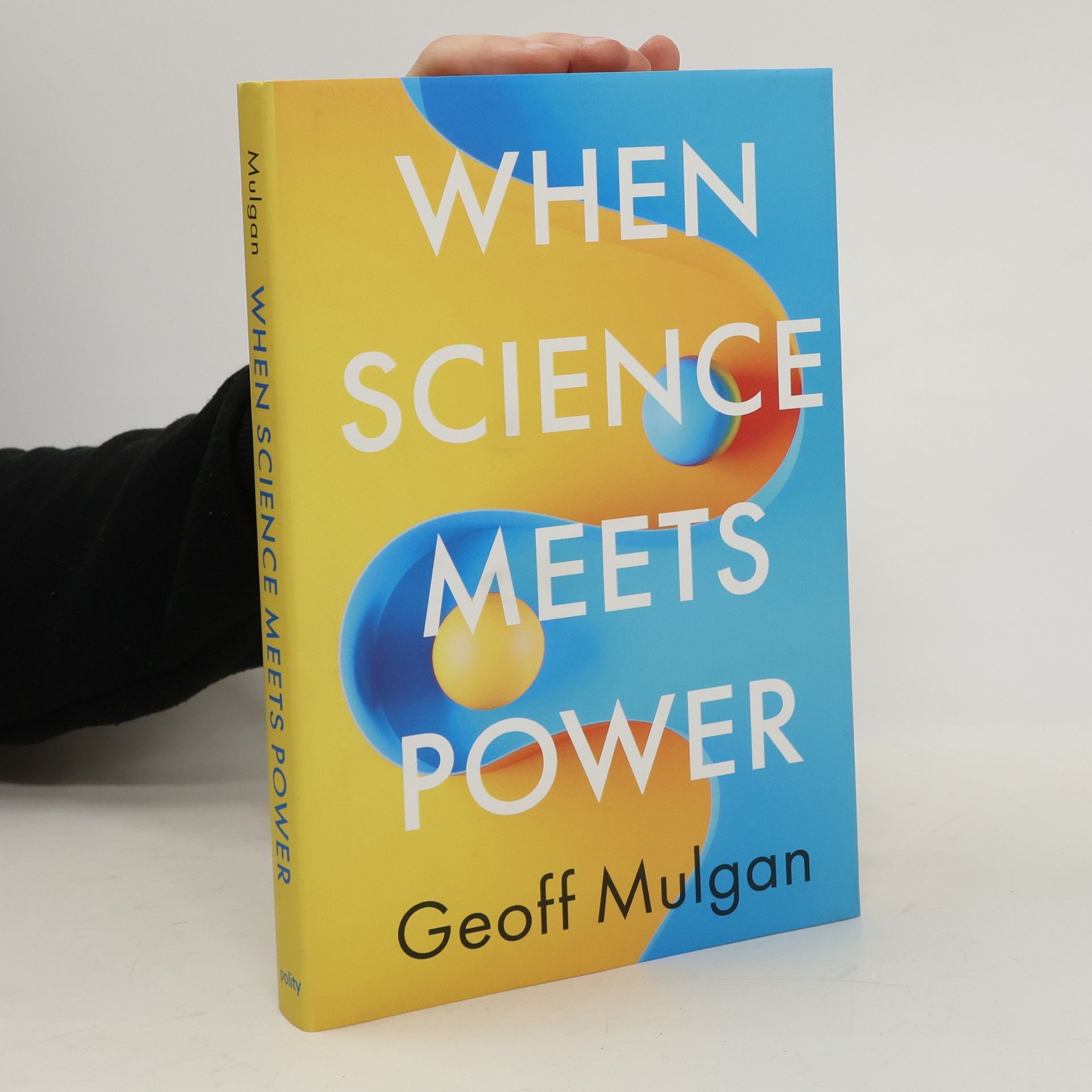Few recent books, films, artworks or exhibitions have helped us imagine how our world could solve its problems or how it might be better a generation or more from now. This Element argues that artists work best not as prophets of a new society but rather as 'prophets at a tangent'.
Geoff Mulgan Libri
Geoff Mulgan è un importante pensatore britannico il cui lavoro esamina la strategia e il progresso sociale. I suoi scritti approfondiscono l'arte della strategia pubblica, esplorando come mobilitare potere e conoscenza per il bene comune. Mulgan attinge spesso alla sua vasta esperienza nel servizio pubblico, avendo ricoperto ruoli di alto livello nel governo del Regno Unito e consigliato leader internazionali. La sua prospettiva sulla strategia è pratica e si concentra sul raggiungimento di risultati tangibili in un mondo complesso.





Another World Is Possible
- 352pagine
- 13 ore di lettura
Calls for an imaginative surge to fix our battered societies, fusing bold ideas and practical experiment. As the world confronts the fast catastrophe of Covid and the slow calamity of climate change, we also face a third, less visible emergency: a crisis of imagination. We can easily picture ecological disaster or futures dominated by technology. But we struggle to imagine a world in which people thrive and where we improve our democracy, welfare, neighbourhoods or education. Many are resigned to fatalism--yet they desperately want transformational social change. This book argues that, although the threats are real, we can use creative imagination to achieve a better future: visualising where we want to go and how to get there. Political and social thinker Geoff Mulgan offers lessons we can learn from the past, and methods we can use now to open up thinking about the future and spark action. Drawing on social sciences, the arts, philosophy and history, Mulgan shows how we can recharge our collective imagination. From Socrates to Star Wars, he provides a roadmap for the future.
When Science Meets Power
- 261pagine
- 10 ore di lettura
The interplay between science and politics has shaped human history, with both fields influencing each other in significant ways. Current political debates, such as those surrounding pandemic management and climate change, often reference scientific findings, yet the relationship remains complex and unclear. This exploration delves into how these two realms interact and the implications of their collaboration and conflicts in contemporary issues.
Good and bad power : the ideals and betrayals of government
- 384pagine
- 14 ore di lettura
What is it exactly that makes a governments good or bad? One of Britain's leading theoreticians and practitioners of government explains how governments work, how they should work, and why good government matters.